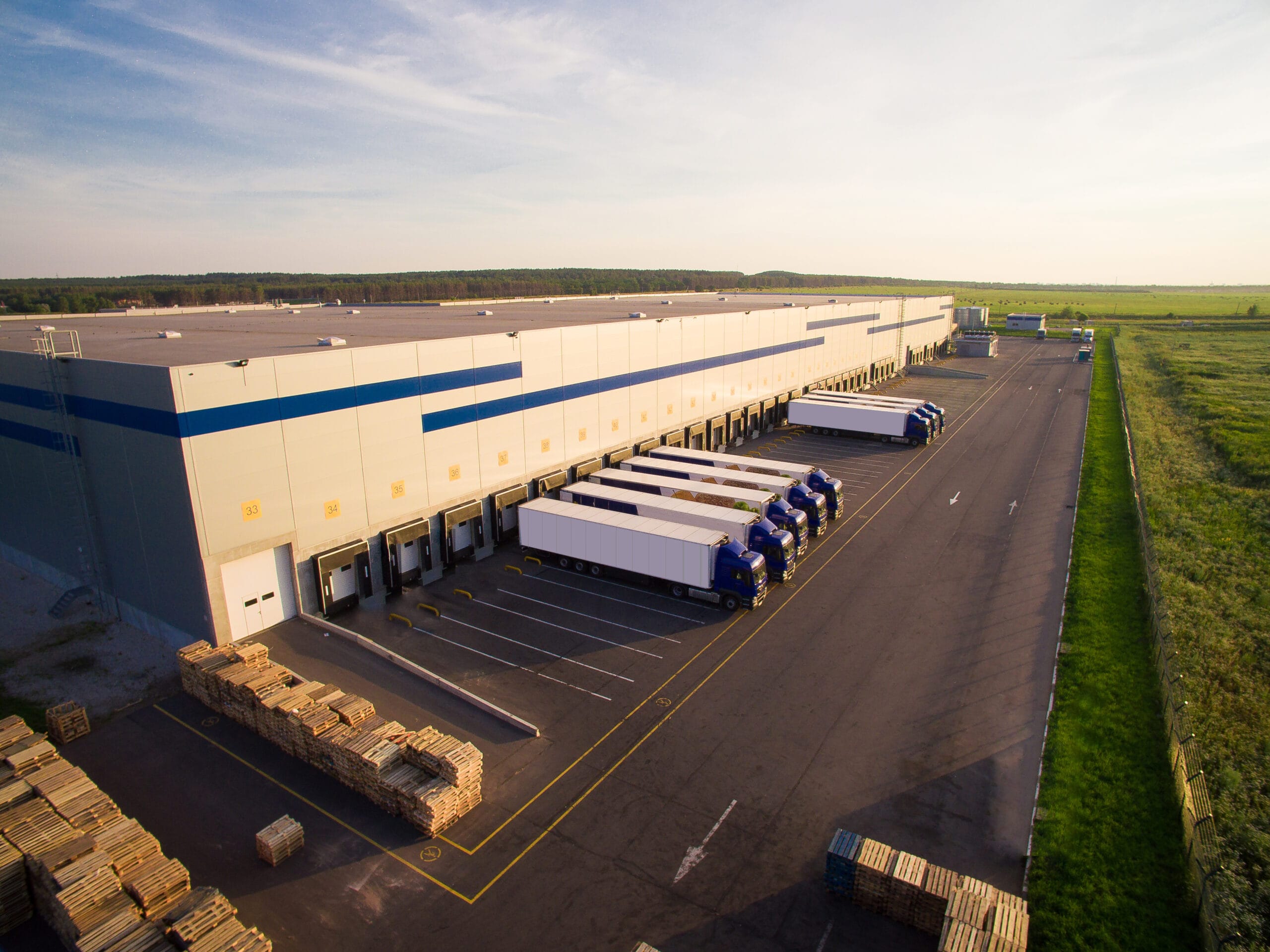Tariffs, whether imposed as a preemptive move or a defensive measure, have far-reaching consequences for economies. While they aim to protect domestic industries, their impact often backfires, reducing economic growth, sparking retaliation, and stifling productivity. This article delves into the economic fallout of tariffs, referencing historical examples like the US Smoot-Hawley Tariff Act, and examines whether there’s any benefit to their imposition.
Why Tariffs Reduce Economic Growth
When a country imposes tariffs, it raises the cost of imported goods. This can lead to:
- Higher Consumer Prices: Tariffs increase the cost of imported products, which are often passed on to consumers. This reduces disposable income and dampens consumer spending, a key driver of economic growth.
- Reduced Business Capital: Businesses relying on imported materials face higher costs, reducing their ability to invest in growth or innovation. This stifles productivity and competitiveness.
- Trade Retaliation: Other countries often respond with their own tariffs, creating a trade war that further restricts global trade and economic activity.
For example, the Smoot-Hawley Tariff Act of 1930 raised US tariffs on over 20,000 imported goods. Intended to protect American industries during the Great Depression, it instead deepened the economic crisis. Global trade plummeted by 66% between 1929 and 1934, and US exports fell by 61%.
Why Countries Retaliate: A Double-Edged Sword
Retaliation might seem counterintuitive, but it’s often a strategic move. When one country imposes tariffs, others retaliate to:
- Protect Domestic Industries: Retaliatory tariffs shield local businesses from foreign competition, at least in the short term.
- Leverage Negotiations: Retaliation can pressure the tariff-imposing country to reverse its policies.
- Maintain Trade Balance: Countries aim to prevent trade deficits by balancing imports and exports.
However, retaliation often harms both sides. For instance, during the US-China trade war, both economies suffered. US agricultural exports to China dropped sharply, while Chinese manufacturers faced higher costs and reduced access to US markets.The Economic Productivity Paradox in Protected Industries
Tariffs are often justified as a way to protect domestic industries. However, protectionism can lead to:
- Complacency: Shielded from competition, domestic industries may lack the incentive to innovate or improve efficiency.
- Resource Misallocation: Protected industries may attract excessive investment at the expense of more productive sectors.
- Higher Costs: Without competition, domestic producers may raise prices, hurting consumers and downstream industries.
For example, the US steel industry has long been protected by tariffs. Yet, studies show that these measures have led to higher steel prices, reduced competitiveness, and job losses in industries that rely on steel, such as automotive manufacturing.
The Smoot-Hawley Tariff Act: A Cautionary Tale
The Smoot-Hawley Tariff Act is a stark reminder of the dangers of protectionism. Enacted in 1930, it aimed to protect US farmers and manufacturers. Instead, it triggered a global trade war, exacerbating the Great Depression.
- Rapid Damage: Within two years, global trade collapsed, and US exports plummeted.
- Policy Reversal: By 1934, the US began rolling back tariffs under the Reciprocal Trade Agreements Act, which allowed the president to negotiate tariff reductions.
- Recovery: Countries that lowered tariffs saw quicker recoveries. For example, the UK’s shift toward free trade helped it rebound faster than the US.
This historical example highlights the risks of tariffs and the benefits of removing them.
First-Mover Economic Advantage in Tariffs and Their Removal
Tariffs can create a first-mover disadvantage. The country that imposes tariffs often suffers the most, as its industries become less competitive and its consumers face higher prices. Conversely, the first country to remove tariffs can gain a first-mover advantage, attracting investment and boosting exports.
For example, after the Smoot-Hawley tariffs were rolled back, the US saw a gradual recovery in trade and economic activity. Similarly, countries that embraced free trade, such as post-war Germany and Japan, experienced rapid economic growth.
Are There Any Economic Benefits to Tariffs?
While tariffs are generally harmful, there are rare cases where they may provide short-term benefits:
- Infant Industries: Tariffs can protect emerging industries until they become competitive. However, this requires careful implementation and a clear exit strategy.
- National Security: Tariffs may be justified to protect industries critical to national security, such as defense or energy.
- Non-Reciprocal Tariffs: If other countries do not retaliate, the tariff-imposing country may temporarily benefit from reduced imports and increased domestic production.
However, these benefits are often outweighed by long-term costs, such as reduced productivity and strained international relations.
Conclusion: The High Cost of Economic Protectionism
Tariffs, whether imposed preemptively or defensively, often do more harm than good. They reduce economic growth, provoke retaliation, and stifle productivity in protected industries. Historical examples like the Smoot-Hawley Tariff Act underscore the dangers of protectionism and the benefits of free trade.
For businesses and policymakers, the lesson is clear: tariffs are a blunt instrument with far-reaching consequences. Instead of protectionism, countries should focus on fostering innovation, improving competitiveness, and negotiating fair trade agreements.
What’s Next?
If you’re a business navigating the complexities of global trade, Convergent Capital Corp can help you secure the business funding needed to thrive in a competitive market. Contact us today to explore tailored financial solutions for trade.
🔗 Click here to request a callback.
Relevant Articles from our Catalogue
- Unlock Growth with Business Commercial Asset Finance
- Navigating the Growth Curve: Identifying & Aligning Clients with Finance Broker Expertise



